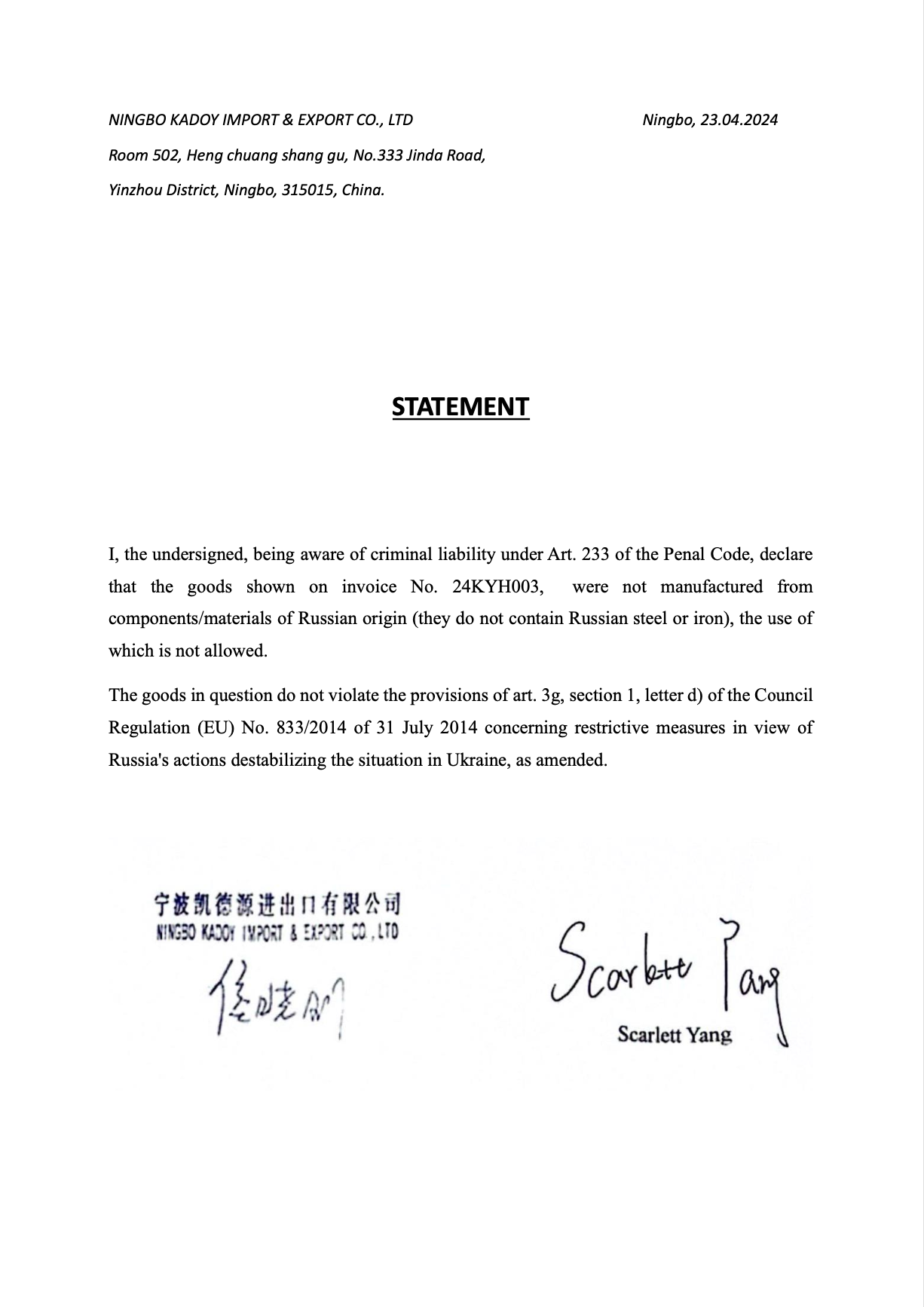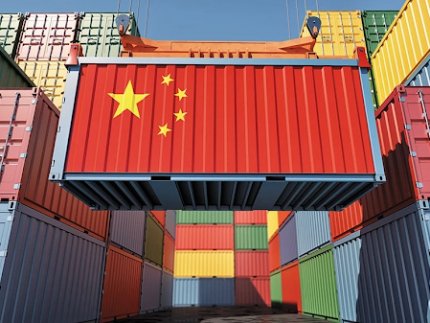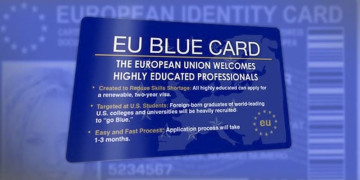Customs broker Natalia Bevzyuk is an expert in supporting the purchase of goods from China, Turkey, and Europe. She helps find manufacturers, order samples, negotiate favorable terms, and organize delivery and customs clearance. Safely, professionally, and without unnecessary risks.
How Importing from China Can Turn into a Tax Trap
Importing goods from the People’s Republic of China has long become standard business practice for European companies, especially Polish ones. Convenient contract terms, low manufacturing costs, and flexible logistics make this route attractive for entrepreneurs. However, even a minor error in an invoice or customs documentation can jeopardize not only VAT refunds but also the overall tax stability of the company.
China is one of the main trade partners of the European Union, making this topic especially relevant. Yet a small mistake — such as a date discrepancy in the invoice — can result in a denied VAT deduction and open the door to serious fiscal risks. As tax inspections intensify, more companies find themselves at the mercy of bureaucratic technicalities. In this environment, only flawless documentation and expert legal support can ensure the importer’s interests are protected.
This is exactly the situation faced by BetterTools Sp. z o.o. in March 2023, a company importing garden tools from China. Due to a mistake in the invoice date, the Polish Tax Administration (Krajowa Administracja Skarbowa – KAS) denied a VAT deduction of over 250,000 PLN.
At risk were:
the company’s liquidity,
financing of future product shipments,
market reputation,
contractual obligations,
meeting delivery deadlines,
the trust of banks and investors in the company’s solvency.
Thanks to the intervention of experienced tax lawyer Natalia Bevzyuk, the company not only avoided penalties but also successfully reclaimed the full tax credit through court proceedings. This case became a clear example of how a solid legal strategy can change the course of even the most complex tax dispute.
The Crux of the Issue: A Formal Error with Big Consequences
The Polish Tax Administration (KAS) discovered that the invoice from the Chinese supplier had an incorrect date — one that did not match the actual delivery date of the goods. Formally, this violated tax regulations requiring that transactions be properly documented and include all mandatory elements. Based on this, KAS issued a decision to deny VAT deduction under:
Art. 86(1) of the VAT Act of 11 March 2004:
"...the right to deduct the amount of input tax arises only when the taxpayer holds an invoice documenting the purchase of goods or services."
In other words, the document must be flawless in form, even if the transaction was perfectly legitimate in substance. This principle of formalism is often used by tax authorities to deny VAT deductions — even when there is clear economic substance to the transaction.
Key Challenges for the Company:
Incorrect date on the Chinese supplier's invoice
Loss of the right to claim VAT refund for a significant amount
Disruption to cash flow and financial planning
Risk of losing business partners due to contract violations
Delays in shipments and logistical complications
Increased scrutiny from tax authorities in the future
Lawyer Natalia Bevzyuk’s Actions: A Step-by-Step Legal Strategy
- Comprehensive Documentation Audit:
Natalia conducted a thorough review of all documents — invoices, customs declarations, contracts, payment orders, and shipping paperwork. She identified that the supplier’s invoice template failed to meet Polish legal standards. - Legal Qualification of the Transaction:
She determined the actual transfer date of ownership, evaluated the importance of the formal discrepancy, and prepared a legal opinion confirming the legitimacy of the business operation. - Preparation of an Explanation for KAS:
Natalia drafted a comprehensive explanation including: actual delivery circumstances, proof of payment, consistency between delivered goods and supporting documents, accompanying evidence to offset the formal discrepancy. - Filing an Administrative Complaint:
After KAS rejected the claim, she submitted a complaint to the Voivodeship Administrative Court (Wojewódzki Sąd Administracyjny), referencing precedents from the Supreme Administrative Court of Poland and the Court of Justice of the European Union. - Supporting Evidence from Similar Cases:
She cited other rulings in favor of taxpayers despite similar invoice errors. - Expert Opinion from an International Tax Consultant:
To strengthen the case, Natalia enlisted an independent tax expert who confirmed the formal error was immaterial given the actual completion of the transaction. - Court Ruling in Favor of BetterTools Sp. z o.o.:
The court found that KAS’s formalist approach failed to consider the economic reality of the transaction and ordered the tax administration to refund the VAT.
Top 5 Most Common Mistakes in Tax Documents When Importing from China:
- Incorrect or missing “Invoice Date”
- Missing or incorrect “Country of Origin” field
- Missing contract number or product specification
- Payment made by a third party (not the buyer listed on the invoice)
- Inconsistent addresses in documents without explanation
Question
Which documents most commonly cause tax disputes?
Answer
Invoices with errors, customs declarations lacking proper certification, incomplete payment records, contracts missing delivery terms, and mismatched sender/receiver addresses.
Question
What are the strongest arguments to defend your case?
Answer
Physical receipt of goods, completed payment, compliance with contract terms, recurring transactions, digitally verified documents, expert witness statements.
Summary of Business Challenges Faced:
Formal error in the Chinese invoice (date mismatch)
Denied VAT deduction under Art. 86(1) of the VAT Act
Financial instability and lack of working capital
The BetterTools Sp. z o.o. case exemplifies how a seemingly minor issue can escalate into a months-long legal battle. However, thanks to the strategic legal approach and exceptional professionalism of tax attorney Natalia Bevzyuk, BetterTools was able to successfully defend its position. The company not only secured a full VAT refund but also safeguarded its market reputation and long-term financial health. Moreover, this legal victory established a valuable precedent that may serve as a guiding example for other businesses navigating similar tax-related challenges in the context of international trade.


































